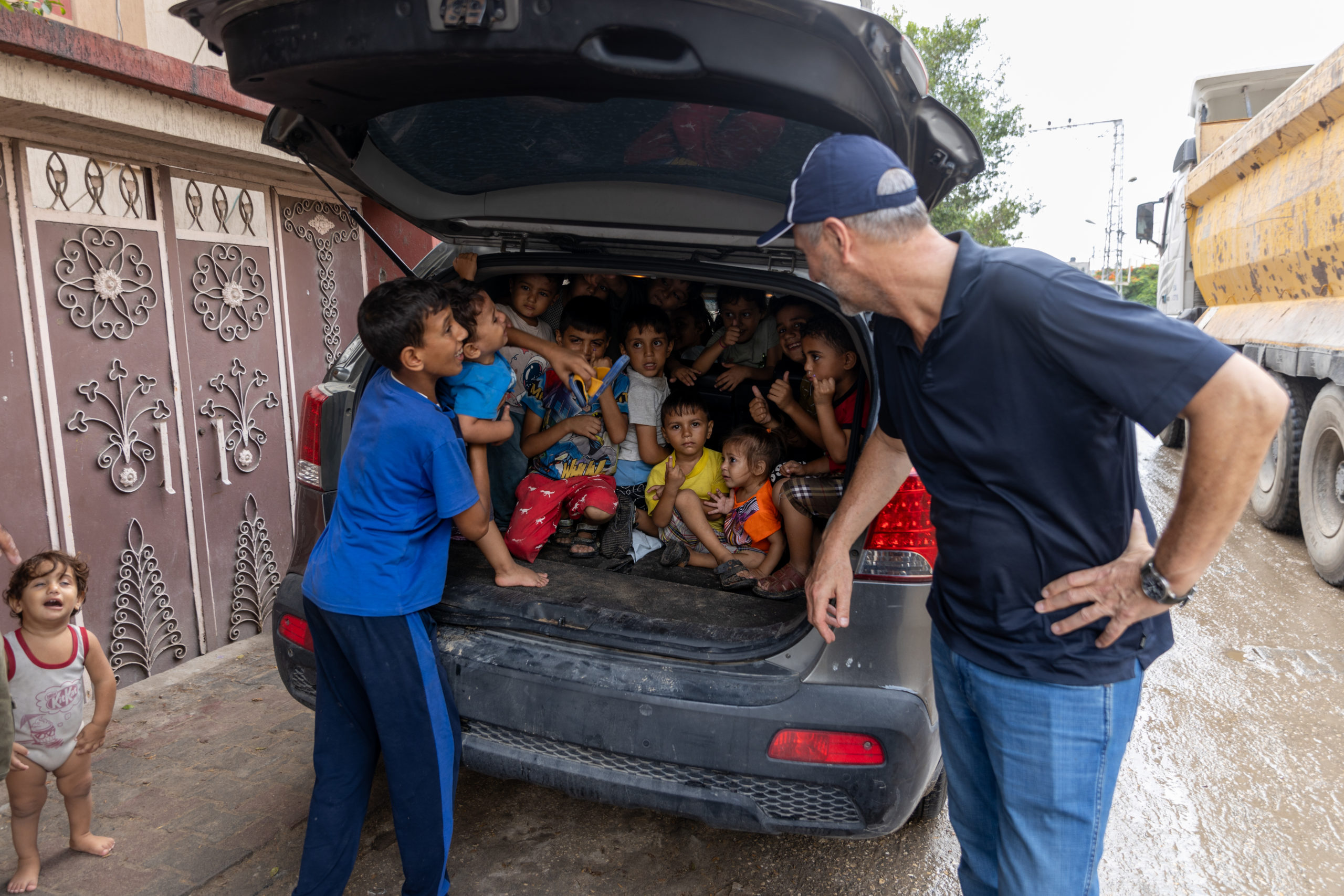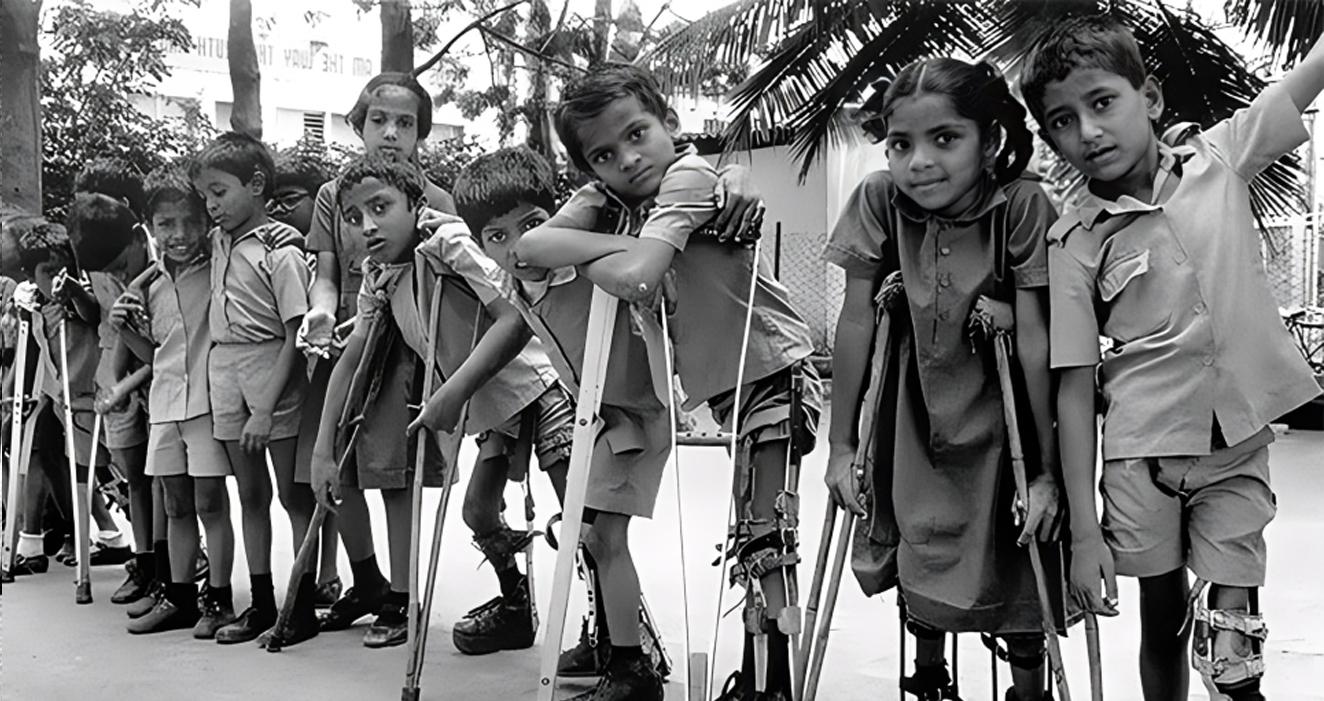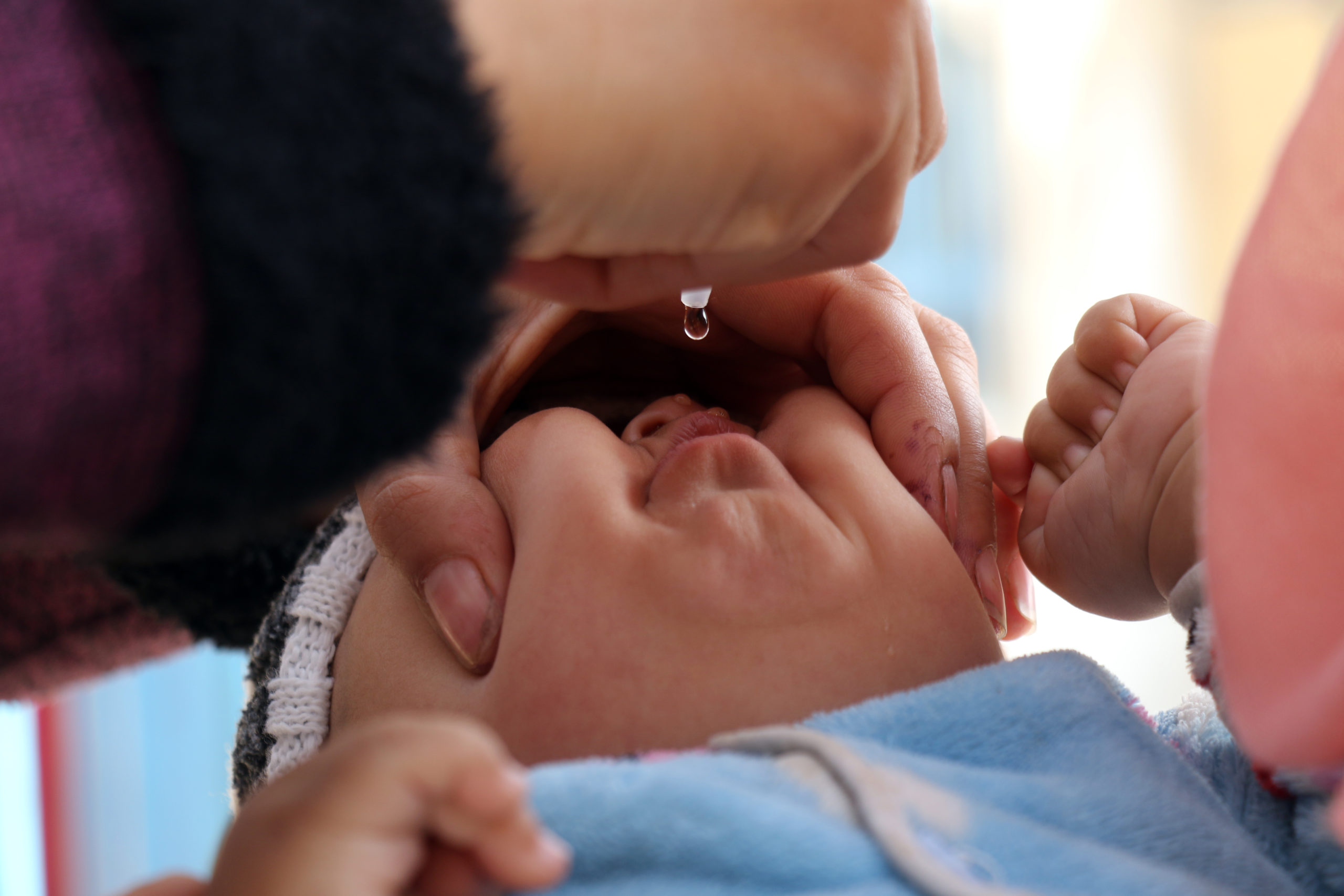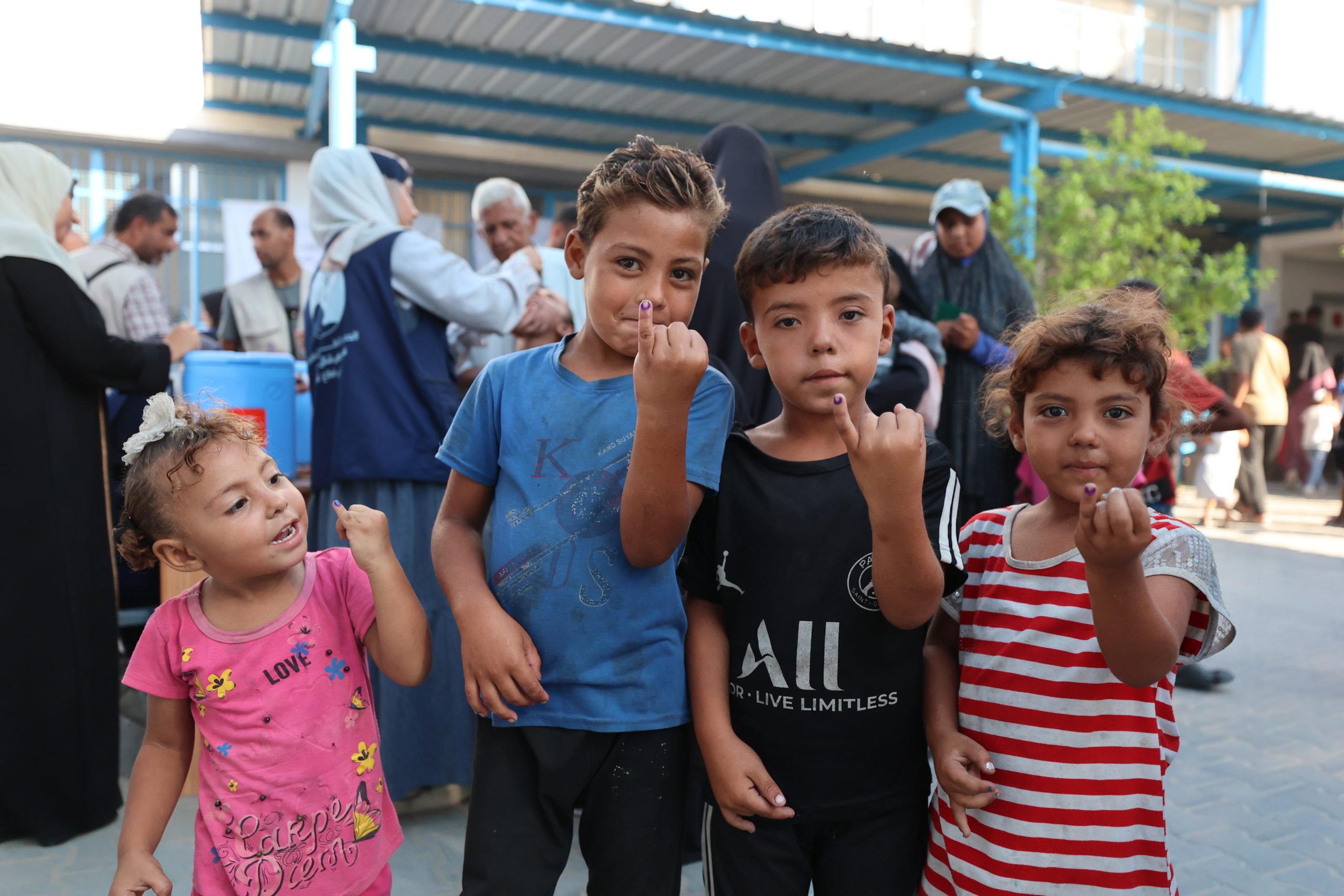Vaccine-Derived Polioviruses: Managing the Risks
28/07/2000
This area of research focuses on managing the long-term risks of polio relating to vaccine-derived polioviruses (VDPVs) and vaccine-associated paralytic polio (VAPP) in the post-eradication era. It includes managing the risks through the eventual cessation of OPV use in routine immunization. In the first instance, this involves more clearly characterizing the risks of VDPVs (the risk of VAPP already being well-characterized).



